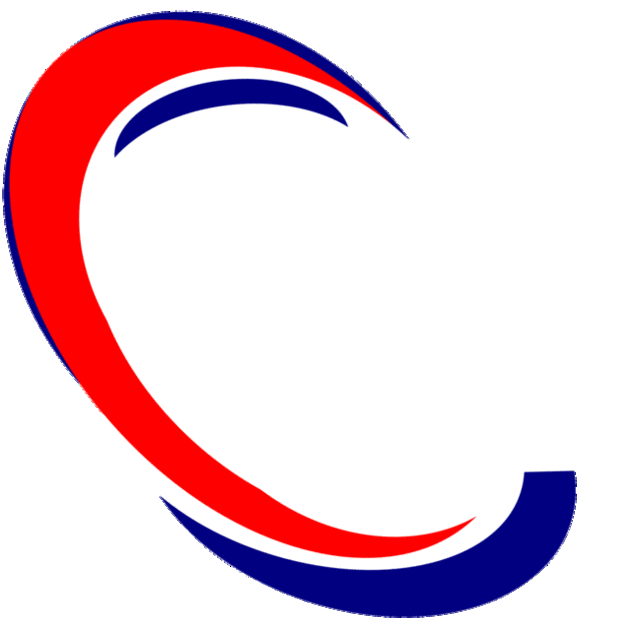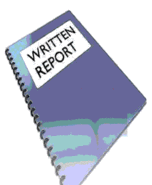Millions of people with hearing loss could benefit from improved communication access in public spaces but often it is missing or, when available, underutilized.
This survey’s purpose was to document and quantify the experience and preferences of consumers with hearing loss in the use of various assistive communication technologies currently found in public venues. The results in this report offer guidance to service providers and decision makers on the furnishing of suitable communication access for people with hearing loss.
About Assistive Communication Technology
Assistive Listening Systems
Assistive Listening Systems (ALS) are the wheelchair ramps of the hearing disabled. They provide users with a silent, wireless connection to a facility's sound system either through earphones or the telecoils in hearing aids and cochlear or bone implant processors. ALS's are mandated by the Americans with Disabilities Act (ADA) in most public places of assembly served by a public address system (PA). They must be able to connect wirelessly to hearing aids. They transmit sound using radio or infrared waves or, via an electromagnetic field, to receivers worn or used by properly equipped people with hearing loss to improve the clarity and strength of speech in relation to background sounds. Such systems are increasingly found in places of worship, performing arts venues, legislative chambers and other places where people gather. Venues that have installed such systems, though, report they are little used by the many people who could benefit from them.
If the ALS is an FM or Infrared system, users borrow appropriate receivers with earphones to access the signal transmitted via radio or infrared waves. Individuals with telecoil equipped hearing aids or CI's borrow the same receiver but plug a neckloop into it instead of the earphones. The neckloop transmits the sound to their telecoils electromagnetically. If the system is a hearing loop, users with telecoil equipped hearing aids or an implant processor connect by the simple touch of a button. People without such hearing devices can borrow loop receivers from the venue management that contain telecoils. Earphones or earbuds plugged into the receiver and worn by the user deliver sound. If the ALS is an Audio WiFi system listeners can connect using a management provided receiver or their personal smart phone with earphones, a neckloop, or via Bluetooth®. Some users have found the latter systems to be problematic due to latency - the echo effect of transmitted sound arriving up to 50 or more milliseconds after natural sound is heard.
Though not commonly understood, Bluetooth® technology is not able to serve groups of people such as a theatre audience. It is basically a one to one system. A new version called Auracast™ does have that capability but is still in the development stage and it is expected to take up to a decade before it is sufficiently developed to replace existing ALS systems.
About CART or Captioning
Communication Access Realtime Translation (CART) or captioning in a variety of forms is another means of communication access often requested but not necessarily found at public places of assembly. Where the ADA often mandates an ALS, CART or captions are offered solely at the discretion of the presenter. Spoken words are typed into a QWERTY keyboard by a captioner or computer generated and appear on a large TV screen or are projected onto a reflective screen. In some instances they are wirelessly transmitted to handheld devices loaned to patrons by the venue or on a personal smartphone using such apps as GalaPro or GoTheatrical. In some instances the app will even translate the dialog into a different written language.
CART must be requested well in advance and the request is not often agreed to. Devices that must rely on the ability of a smartphone to capture and translate words from the PA system turn speech from the PA system into written text can have difficulty "hearing" the PA system.
About the Committee for Communication Access in America
The CCAA is an ad hoc committee of nationally known advocates for people with hearing loss who have come together to gather and then share information on the use of assistive communication technology.
The members of the committee are:
Dr. Abram Bailey – Audiologist and a leading expert on consumer technology in the hearing care industry. Founder of HearingTracker, a comprehensive independent database of hearing-aid products, and co-founder of HearAdvisor, a testing and results reporting lab for hearing aids.
Blake Cadwell - The hard of hearing founder and CEO of Soundly, an online marketplace that streamlines searching for and comparing hearing products. This makes those products more accessible and shifts our cultural perspective around hearing impairment and products.
Dr. Carol Clifford - Nationally renowned speaker in the Hearing Industries. Background includes university audiology clinic director, education and training director for ReSound. Now in private practice employing ten other audiologists in two offices.
Stephen O. Frazier, Organizer and Chair - Former Publicity Director at Columbia Artists Management in New York. After training by HLAA as a hearing loss support specialist, a long time advocate for the hard of hearing and also now a freelance writer with a focus on hearing loss issues.
Dr. Kevin Liebe - Dr. Liebe, a practicing audiologist, is the President and CEO of hearinghealthmatters.org, a website created by and for people who share the belief that Hearing Health & Technology Matters! Experience includes clinical education and training for a major hearing aid manufacturer.
Dr. David Myers - A professor of psychology, internationally known author, and the founder of hearingloop.org. Dr. Myers served on the Advisory Council of the National Institute on Deafness and Other Communication Disorders and is considered by many to be the father of the consumer driven national efforts to promote assistive listening technology.
Dr. Juliette Sterkens - Audiologist, founder of Loop Wisconsin, author of numerous magazine articles and national hearing loop advocate for the Hearing Loss Association of America. An internationally known advocate for the assistive listening needs of people with hearing loss.
For more information, contact Steve Frazier at:
ccainamerica@gmail.com or (505) 401-4195
The Committee for Communication Access in America
"It's not important what is said, what is important is what is heard" - Jeffrey Fry, author of Distilled Thoughts.
THE UTILIZATION OF ASSISTIVE COMMUNICATION TECHNOLOGY
IN LARGE PUBLIC VENUES SURVEY



